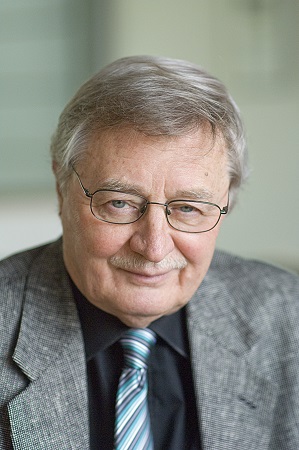
Barry Millington: A Collision of Like-Minded Souls
Barry Millington will join us from England to discuss his recent research on the relationship among Wagner, painter Edward Burne-Jones, and author George Eliot.

Barry Millington will join us from England to discuss his recent research on the relationship among Wagner, painter Edward Burne-Jones, and author George Eliot.

Scholar Hans Vaget returns to offer thoughts on Wagner's relationship with America.

Professor Larry Wolff joins us to discuss Wagner's convictions of "Art and Social Transformation."

An exploration of recent works of interest to queer Wagnerians and the homosexuality of key people in Wagner’s circle (such as King Ludwig II and Wagner’s son Siegfried), Wagner’s fetishes with respect to satin and perfume, the unorthodox sexual relationships and ethics in Wagner’s life and works, and LGBTQ+ devotees to Wagner’s operas from the 19th century to today.

This annual event provides the unique opportunity for our members to learn some of the events and developments in this year’s Bayreuth Festival. We will offer an illustrated discussion of the new production of Tristan und Isolde starring Andreas Schager and Camilla Nylund; receive a report from a Society member on his first visit to the Festival; hear from the three young artists whom the Society sponsored as part of the Festival’s Scholarship Program; and welcome a special guest, American bass Jordan Shanahan, who sang the role of Klingsor in the Jay Scheib “augmented reality” production of Parsifal.

Former Head of Music Staff at the Metropolitan Opera, Craig Rutenberg explains what a prompter does, what preparation prompters undergo in a particular production, and how a good prompter can rescue performers from disaster. He will also discuss the various responsibilities of the music staff at the Met — from rehearsal pianist to diction coach to assistant conductor to prompter.

Conductor Jakob Lehmann presents an exploration of the fascinating relationship between Anton Bruckner and Richard Wagner - a connection that was characterized by one-sided admiration and disappointed hopes. The younger revered the elder, even if the latter did not always fulfill his few promises. For Bruckner, however, Wagner always remained the 'master of all masters.'

This comparative study of two paragons of 19th century German romanticism will explore the relationship between two figures who were arguably the most important German composers of the late nineteenth century. Although early on Wagner and Brahms had several positive interactions and even expressed mutual admiration, the two composers became caught up in a broader culture war, pitted against each other by their respective followers. In this conflict, Wagner was often depicted as modern and progressive and Brahms as backward-looking and conservative. But their musical languages, as well as their cultural and political values, suggest the opposite may be the case.